Muhammad Akram Bugti
Feudalism is a complex system that perpetuates income inequality, ignorance, and social injustice, trapping people in a cycle of poverty, ignorance, and helplessness. A tragic example is the death of a pregnant woman before reaching Multan, eight hours away from home, on other hand the feudal class traveled to London for their treatment. This apparent contradiction forces us to ask: Is that an equation? Should I cry or laugh? Chieftains went to Dubai for entertainment and people have not a suitable transport system like Ambulance. It is a morbid arrogance that masks the bitter truth—that our people are denied the rights of recognition, and their only option is to be oppressed by an exploitative system. At first glance, one might think that poverty, alienation, and ignorance are behind the problem. Yet closer inspection reveals that these are merely symptoms of a larger disease: feudalism. Elites bury the wealth, power, and treasure that ordinary people depend on to survive. Countless people willingly sacrifice their honor and freedom for the feudal nobility. Why? Because their basic needs—food, shelter, and healthcare—are held hostage by the system that exploits them. Emphasis: Reference, power, wealth, and fame come as voluntary luxuries when survival itself is threatened. It is the government’s responsibility to establish notification requirements. Yet the government has consistently failed to do so due to political insecurity, corruption, a weak constitution, lack of institutional capacity, and a deep sense of slavery among the people. Like other third-world countries, Pakistan has these systemic failures. But we fundamentally believe that feudalism cannot be abolished if it is accepted without resistance. But is that really the case? Slavery will continue until they reject the concept of slavery and claim their independence. The practical implication is that the government should establish a transparent and independent institution based on the equitable distribution of wealth and opportunities among the population, challenge the monopoly of co-owners through institutional reforms, and empower real communities to manage their own development. In a developing country like Pakistan, Plato’s ideal state may seem entirely romantic, but practical reforms can still break down the feudal fortress. Urgent measures are needed to help with more disasters. The government should install the latest digital medical equipment to address women’s health issues, build a sanatorium in Dera Bugti with facilities similar to Multan, and invest in education and awareness programs to help improve the community and break the cycle of self-harm. The struggle against feudalism is not only political but also deeply philosophical. Do we accept a life of subjugation whose survival depends on the displacement of the feudal nobility? Or are we striving for a society where quality, fairness, and equality are inalienable rights? Dera Bugti and Pakistan as a whole stand at a crossroads. The choice is between slavery and freedom, recession and growth, despair and hope. But we must demand it—not as a concern, but as dutiful masters of our own destiny, if we really want change.
Student of Political Science Institution: International Islamic University Islamabad.

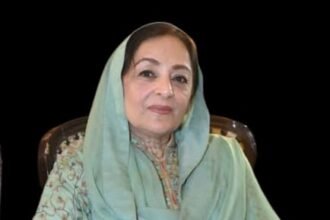

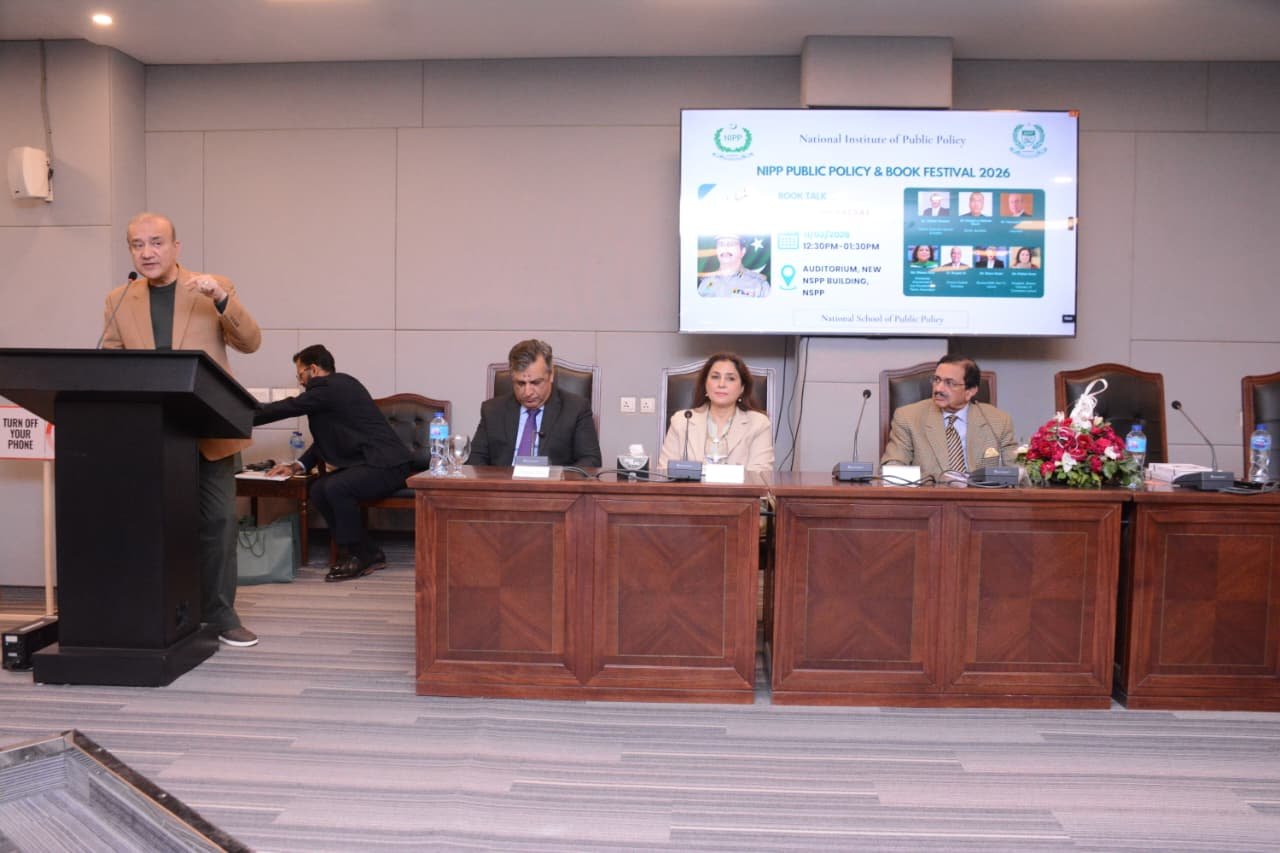
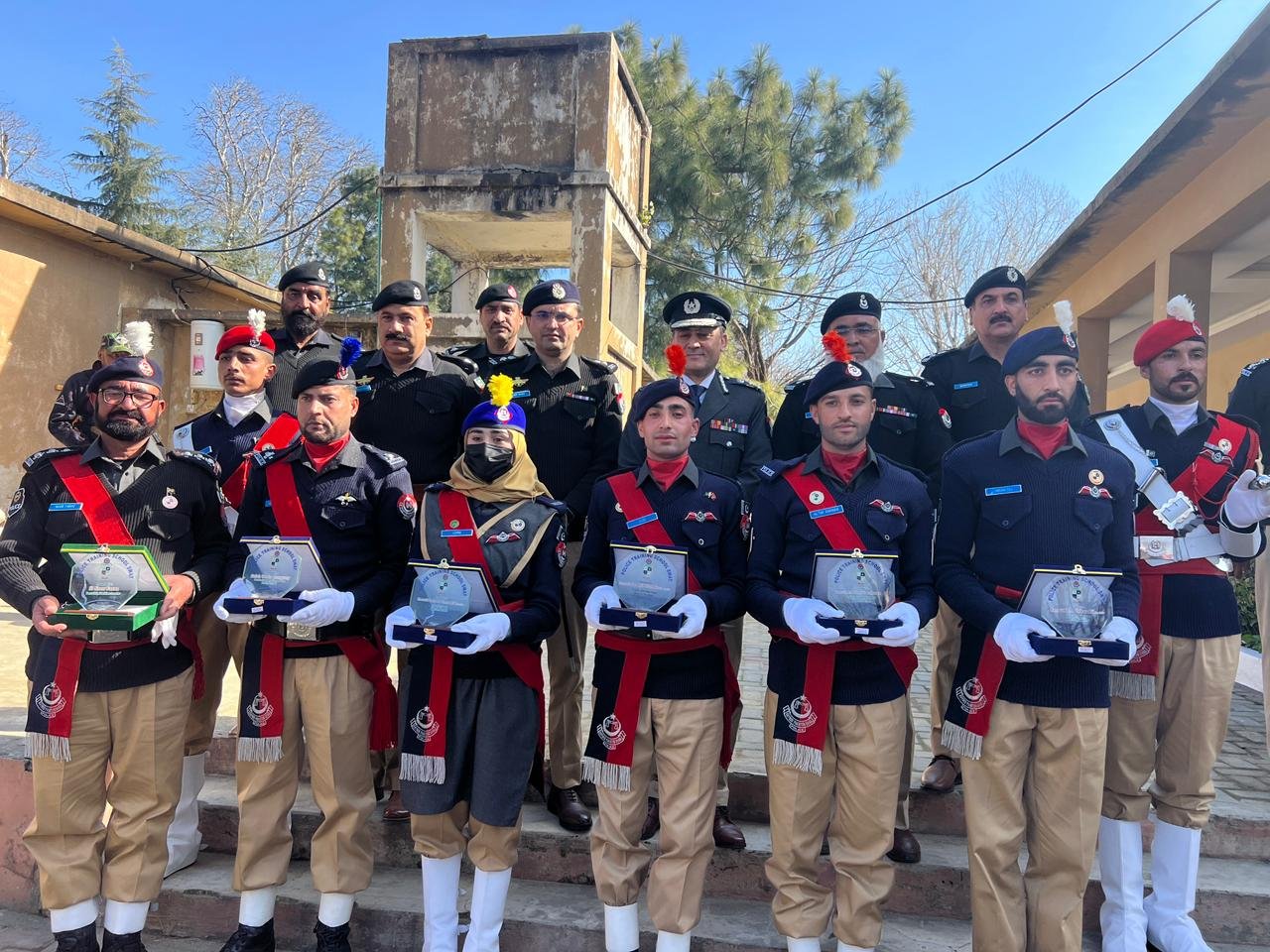
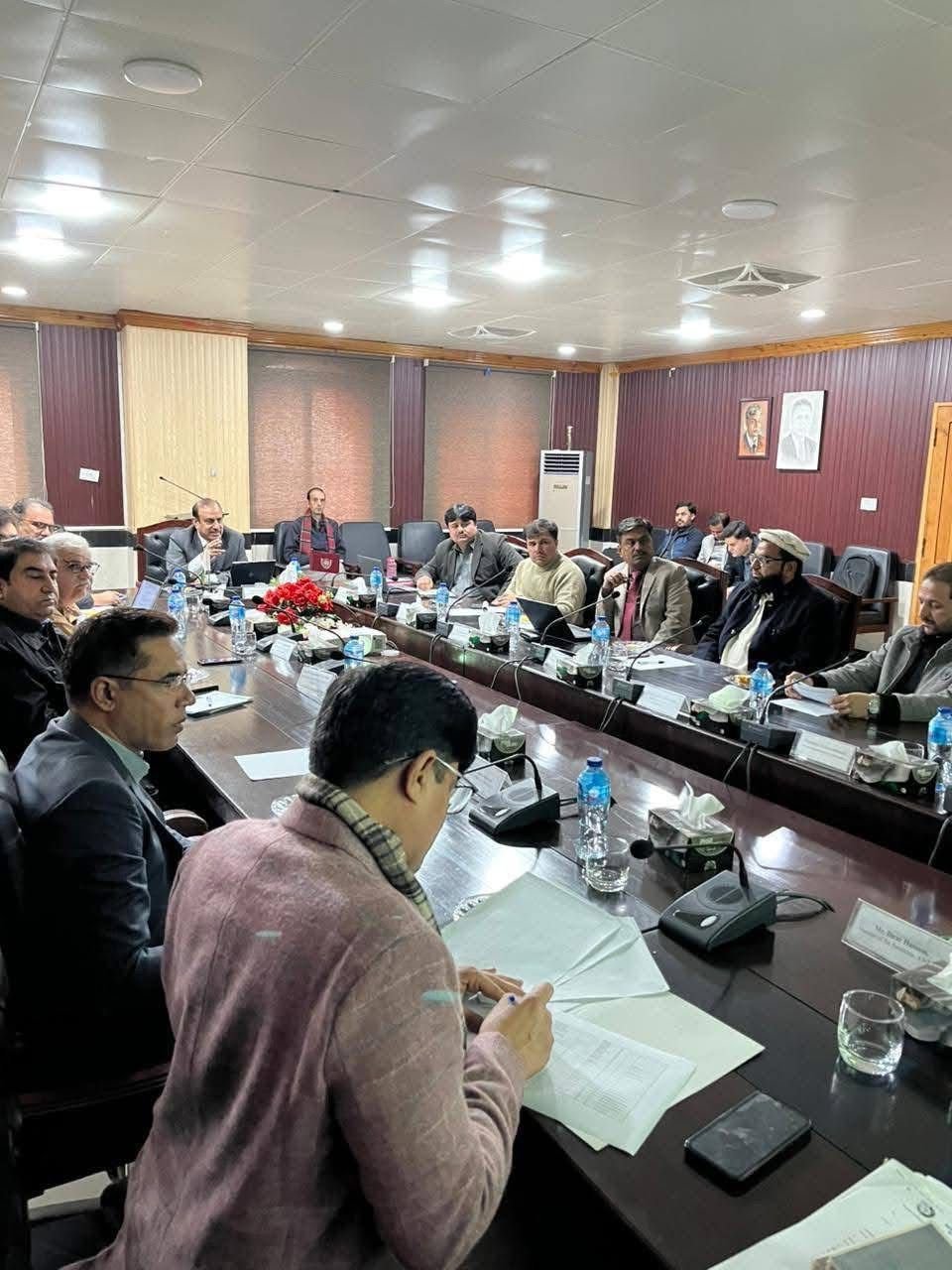
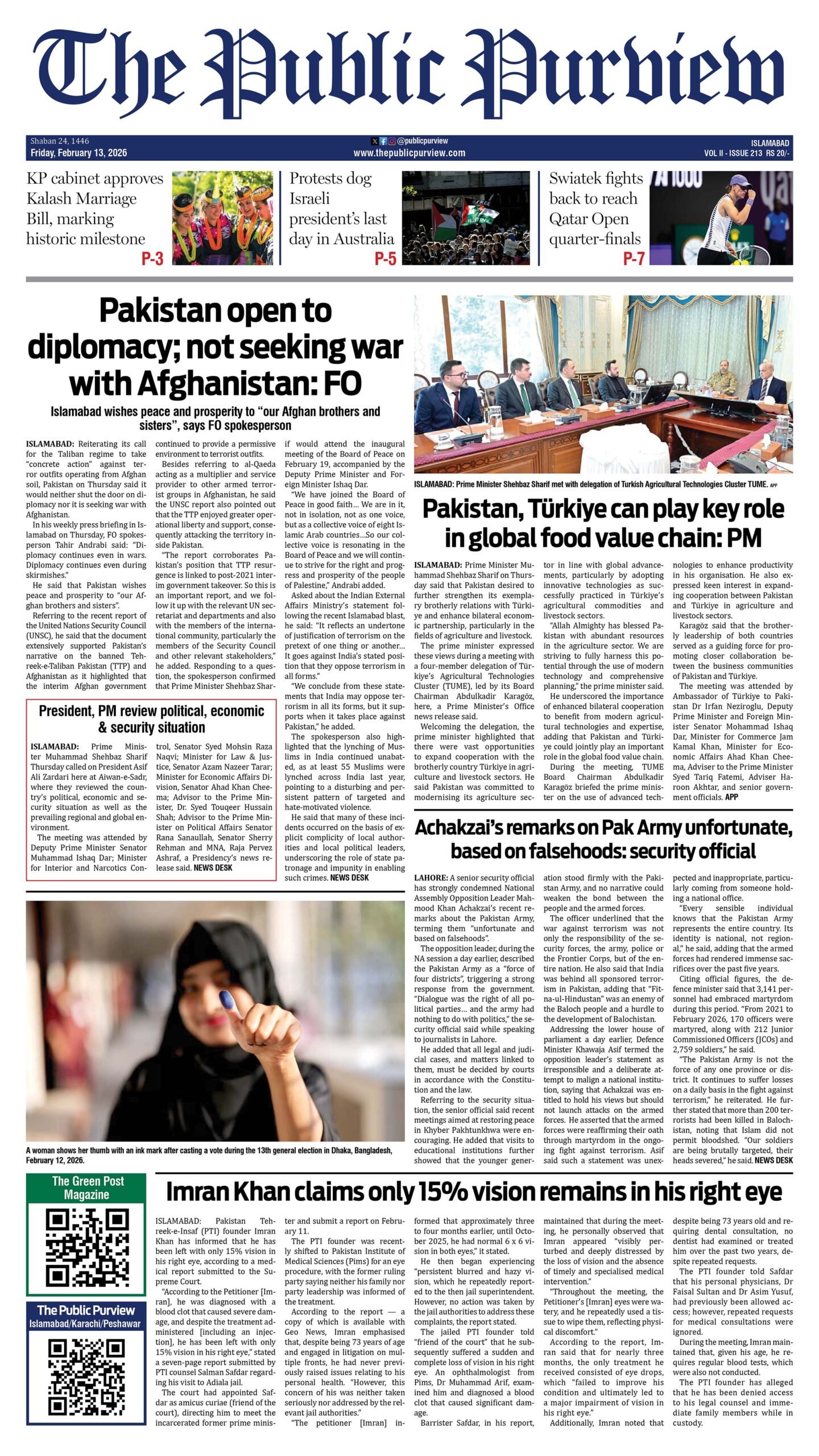 Today's E-Paper
Today's E-Paper